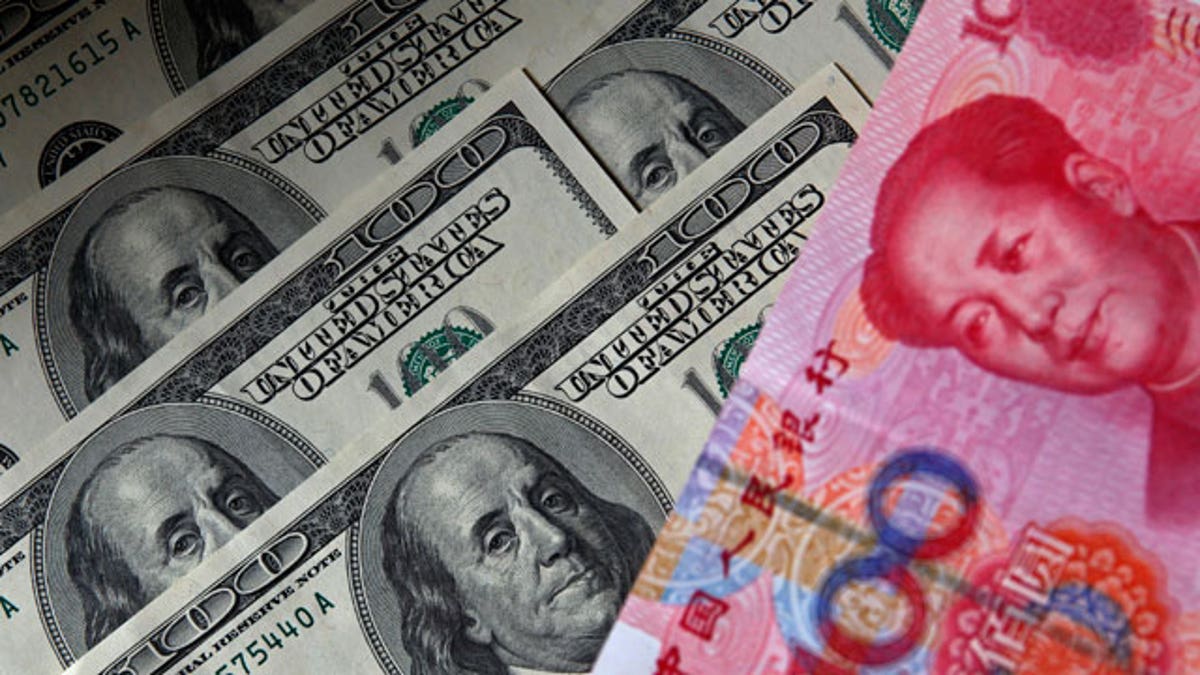
(Reuters)
China’s official news agency, Xinhau, which often voices the true feelings of the country’s political elite, described the recent battles over the Washington debt deal as a “madcap farce of brinkmanship”
The commentary, published in many Chinese newspapers, went on to warn the U.S. that it must implement more responsible policies if it is going to solve its problems.
And it warned the emergency debt bill thrashed out between Democrats and Republicans “failed to defuse Washington’s debt bomb for good, only delaying an immediate detonation by making the fuse an inch longer.”
China’s central bank did, though, welcome the debt deal. China is estimated to have foreign exchange reserves amounting to more than $3 trillion, much of which is denominated in the U.S. currency. It’s also the largest holder of U.S. Treasury bonds.
But in a statement, People’s Bank of China governor, Zhou Xiaochuan, warned that the U.S. must also keep in mind the interests of the rest of the world and, in particular, U.S. treasuries in which China is the largest holder.
"Big fluctuations and uncertainty in the U.S. Treasury market will influence the stability of international monetary and financial systems, thus hurting the global economic recovery," Xiaochuan said.
He went on to say China is looking to diversify further out of U.S. investments because of concerns over its debt.
"China's foreign exchange reserves will continue following the principle of diversified investment, enhancing risk management and minimizing the negative impact of volatility in global financial markets," Xiaochuan said.
It is, though, difficult to see where China could effectively invest its mountain of money anywhere else.
China has been looking seriously at Europe and the euro, and despite its problems, is believed to already have about a third of its currency reserves in euros now.
The European markets continue to be extremely important to China’s export economy.
China’s Foreign Minister, Yang Jiechi, who’s currently touring Europe, again voiced his concern Wednesday about the growing debt crisis there, which threatens now to engulf Italy.
“Currently, Europe’s sovereign debt problems are still unfolding. A few countries’ financial markets are still facing turmoil and debt risks are still very prominent,” he said.
China has been buying some eurozone debt and has promised to continue to invest in the region.
Foreign Minister Yang said, "China is a responsible investor in international financial markets, maintains its confidence in the eurozone and the euro, and has made Europe one of its most important markets for investment."
Still, that doesn’t mean China will be switching out of U.S. treasuries anytime soon.
The problem is that China, in effect, has to keep investing in the U.S. or it will also suffer the consequences.
The U.S. and China, some argue, are joined at the hip. If Beijing wants its economy to continue to grow, then it must continue to pour money into the U.S. even if critics suggest it's like supplying a drug addict with his fix.
